To provide the best experiences, we use technologies like cookies to store and/or access device information. Consenting to these technologies will allow us to process data such as browsing behaviour or unique IDs on this site. Not consenting or withdrawing consent, may adversely affect certain features and functions.
The technical storage or access is strictly necessary for the legitimate purpose of enabling the use of a specific service explicitly requested by the subscriber or user, or for the sole purpose of carrying out the transmission of a communication over an electronic communications network.
The technical storage or access is necessary for the legitimate purpose of storing preferences that are not requested by the subscriber or user.
The technical storage or access that is used exclusively for statistical purposes.
The technical storage or access that is used exclusively for anonymous statistical purposes. Without a subpoena, voluntary compliance on the part of your Internet Service Provider, or additional records from a third party, information stored or retrieved for this purpose alone cannot usually be used to identify you.
The technical storage or access is required to create user profiles to send advertising, or to track the user on a website or across several websites for similar marketing purposes.
 Remote work and ‘hybrid working’ models may greatly enhance employees’ work-life balance, but new research suggests they might also be stifling innovation. The study, led by economists from the University of Essex and the University of Chicago found that employees who worked in a hybrid model were less likely to come up with innovative ideas compared to their colleagues who always worked in the office. Additionally, employees working entirely from home tended to produce lower quality ideas than those who consistently worked in the office. (more…)
Remote work and ‘hybrid working’ models may greatly enhance employees’ work-life balance, but new research suggests they might also be stifling innovation. The study, led by economists from the University of Essex and the University of Chicago found that employees who worked in a hybrid model were less likely to come up with innovative ideas compared to their colleagues who always worked in the office. Additionally, employees working entirely from home tended to produce lower quality ideas than those who consistently worked in the office. (more…)







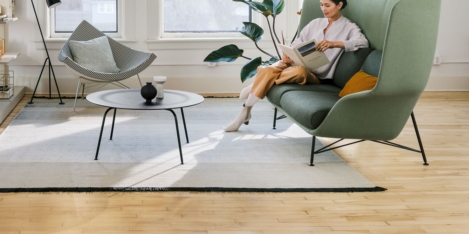
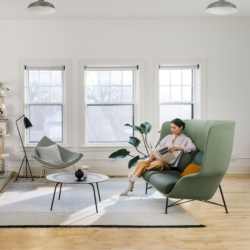






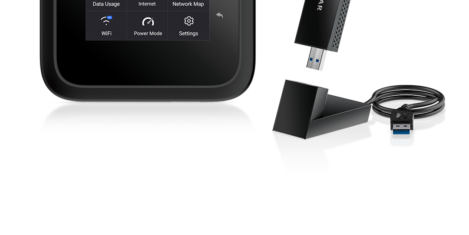
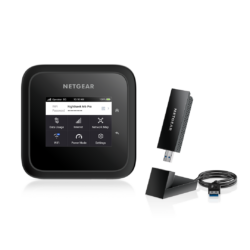
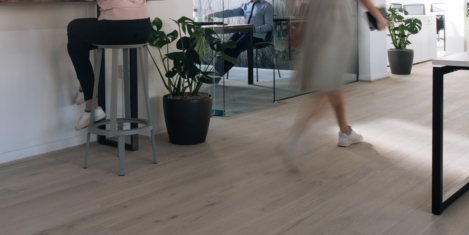
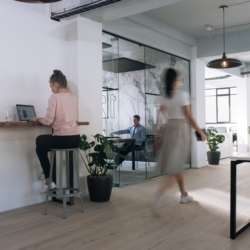


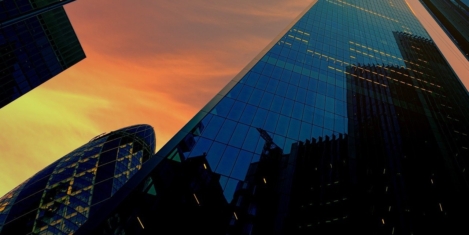











June 10, 2024
What happens to work when the machine stops?
by Mark Eltringham • Comment, Flexible working, Technology
In 1909, E M Forster – not exactly known for a body of work replete with dystopian fiction – published a novella called The Machine Stops. You can read it here but the story describes a future in which people live below ground, in isolation but with all their needs met by an omnipresent Machine (you can see where this is going). (more…)